by Ashley Harris
There is a question that all of us type 1 parents wrestle with, and the answer (like everything involving type 1 diabetes) is never clear cut. Being in isolation with my type 1 kiddo has brought this question to the forefront of my mind:
At what age can I expect/trust my daughter to begin taking over some aspects of her blood sugar management?
It feels like I’m walking on a tightrope searching for the balance between hoarding control to keep her safe now and relinquishing some of that control to ensure she learns how to keep herself safe when she is older. My daughter is only six, but I can tell you that my six-year-old has shown me over the past few weeks that she is not only capable, she is also INTERESTED in learning more about how we manage her blood sugar levels.
I sensed that I needed to capitalize on this moment; kind of a "strike while the iron is hot" mentality.
To be completely honest, I didn't see this moment coming. I certainly wasn't looking for the opportunity to pass off some of the responsibility. (I ‘m most comfortable when in control, and the idea of anyone taking that control away actually terrifies me a little bit.) But it has become abundantly clear that my sweet girl is ready to learn, and I would be doing her a disservice to pretend that she is not.
The answer as to when an individual child is ready to learn more about their disease management is going to depend on many different factors.
Some kids are going to mature faster and be prepared to take on some responsibilities earlier than others. That's okay. I don't think there is a magic age when kids should automatically be expected to handle any particular aspect of their disease. No one knows your kiddo better than you do; however, I want to encourage you to be open to and watching for the opportunity when it does reveal itself.
Since Emmy was diagnosed at such a young age (she was still in diapers), it is automatic for me to manage her disease 100%. While we taught her to check her blood sugar pretty early on, it was just something that we taught her how to do but never expected her to do consistently.
We have always done all of her finger pokes, given her shots, entered her bolus amounts into her pump, etc. For so long, I felt like the day would never come when she would be doing these things for herself, but it is here.
One indication that your child may be ready to take over certain responsibilities is when they start asking a lot of questions. A few months ago, Emmy began asking tons of questions about why we had to wait different amounts of time before eating different types of foods. She started asking why we would sometimes give insulin when she was not going to be eating. She was trying to grasp the concept of place value and trying to determine if bolus amounts were "a lot of insulin" or "a little insulin." She was also attempting to make correlations between bolus amounts and the foods that she was eating. Clearly, she was very interested and ready for me to teach her more about why we do what we do and how we keep her blood sugar in range.
For four years, Emmy was on the Animas Ping pump, which had a remote bolus option. She never had any idea how much insulin she was receiving, and a lot of times was never even aware that I had given her insulin. As much as I LOVED using the remote to bolus, once we switched pumps, I realized how valuable it was for Emmy to be aware of when she needs insulin and aware of the amounts of insulin she needs for certain foods. Since I no longer had the option to bolus with a remote, Emmy began getting her pump out and asking me if she could enter the numbers in herself. At first, I almost had a panic attack at the thought of her touching her pump, but it was immediately evident that she was ready for this responsibility. I was still dictating every single dose, and Emmy would enter the numbers, confirm with me, then hit deliver.
**It is imperative to set a max bolus amount on your child's pump when beginning this transfer of responsibility. Doing this will prevent your child from accidentally giving a large bolus that could be dangerous. The amount you choose for your max bolus setting will depend on your child's carb ratios and the amount of insulin you typically need to give for meals. Emmy's is set to 2 units because the most we ever give for a meal plus a correction is about 1.5 units.
Don't feel pressure to begin this shift at a certain age. It's going to be different for every child.
The right time is when you begin to see their interest piqued, and they start asking questions. Start slowly. Double-check the actions that they take. Remind them how important it is to be careful with these decisions and actions. Without creating fear, we can still articulate how crucial it is to be alert and careful when managing this disease.
This shift in our management has been so comforting to me. It has given me a glimpse into Emmy's future and has reassured me that she will be more than capable of managing this disease on her own one day.
Does this post resonate with you?
Do you want to learn more about specific steps to teach your children about insulin doses, blood sugar levels and self-management - among many other topics?
We have a specific mailing list for parents of T1D kids!
To receive family-specific topics in your email inbox, add your name and email below.







Being prepared is crucial for people with diabetes. Carry your supplies with you. You never know what might prevent you from getting back home.